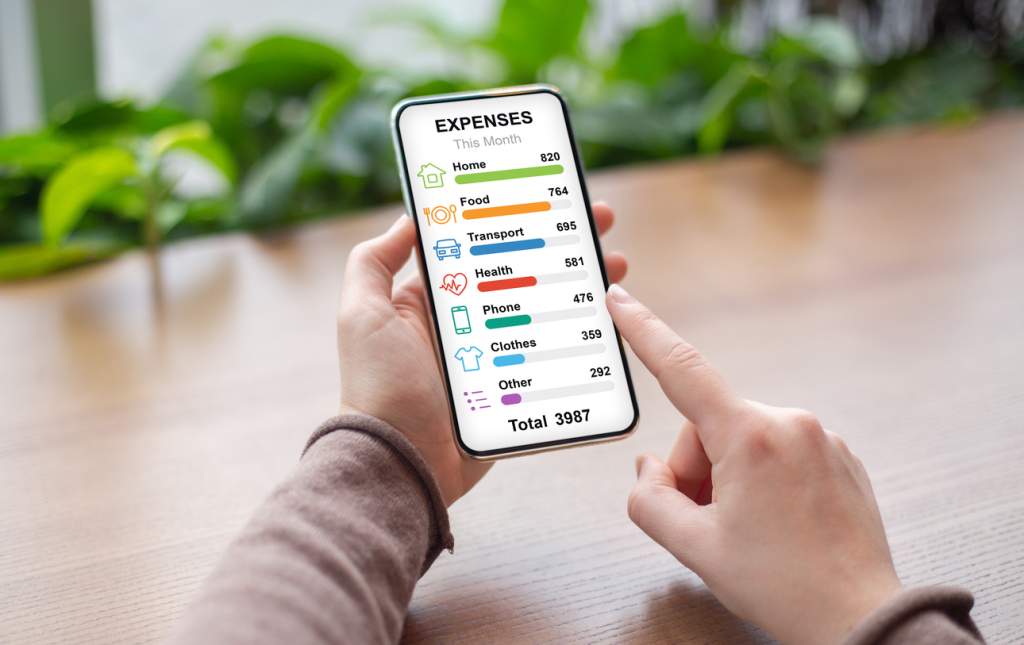Money doesn’t grow on trees—but with the right approach, you can make your finances work harder for you. If you’ve ever found yourself at the end of the month wondering, where did all my money go?, it’s time to rethink your budgeting strategy.
A well-crafted budget isn’t just about saying “no” to extras. It’s about taking control of your spending, understanding where your dollars go, and prioritizing what matters most in your life.
By the end of this guide, you’ll not only know why creating a budget is essential but also how to build one that helps you achieve your financial goals without sacrificing what makes you happy.
Why Your Budget Matters More Than Ever in 2025
The financial landscape of 2025 is unique. With inflation continuing to impact daily expenses, and innovative costs (like subscriptions for everything from streaming services to workout apps) becoming the norm, managing your income has never been more important.
Here’s why building a budget today will save you headaches tomorrow:
- Rising Costs: Essentials like groceries and rent are increasingly expensive. Budgeting helps you account for these changes without derailing long-term goals.
- Digital Spending is Easier… and Riskier: With one-click shopping and digital wallets, it’s easy to lose track of small purchases that add up quickly.
- Plan for the Unplanned: Life throws curveballs, from medical emergencies to car repairs. A budget ensures you’re not blindsided when unexpected expenses hit.
If these challenges sound familiar, don’t worry. A solid budget can empower you to face them head-on.
The Key Benefits of Having a Budget

Setting a budget might seem restrictive at first, but it’s actually freeing in the long run. Here’s why crafting a smart budget can completely transform your financial life:
1. Gives You Clarity on Your Spending
Ever looked at your bank statement and realized you spent $200 on takeout last month? A budget holds a mirror up to your habits. It helps you identify where you can cut back without affecting your quality of life.
2. Helps You Achieve Long-Term Goals
Dreaming of buying a house? Saving for a dream vacation? Building an emergency fund? A budget makes those big-ticket goals a reality by breaking them into manageable chunks.
3. Lowers Financial Stress
Money worries can take a toll on your mental health. Knowing exactly where your dollars are going brings peace of mind and eliminates needless anxiety.
4. Encourages Smart Spending
Budgeting isn’t about cutting out your favorite latte or a night out with friends. It’s about ensuring those splurges are intentional and aligned with your financial priorities.
5. Prepares You for Unforeseen Costs
Life happens. Whether it’s an unexpected hospital bill or car repair, having a robust financial plan cushions the blow.
Building a Deal-Proof Budget Step-by-Step

Now that you know why budgeting is essential, here’s how to create a plan that works for you in six simple steps.
Step 1. Determine Your Financial Goals
What do you want your budget to achieve? Maybe you want to pay off high-interest debt, save for retirement, or finally go on a guilt-free shopping spree in Paris. Setting SMART financial goals (Specific, Measurable, Achievable, Relevant, Time-bound) will give you something to aim for.
Example:
Goal = Save $5,000 for a vacation within a year.
Break it down = That’s $417 each month or roughly $100 per week.
Step 2. Know Your Income
It might sound obvious, but you can’t create a budget without knowing how much money you actually take home. Calculate your net income (your take-home pay after taxes). If you have multiple income streams, include them all so you have an accurate starting figure.
Step 3. Track Spending and Expenses

This is where things get real. Before you build a budget, you need to know where your money is currently going.
Spend about a month tracking every single expenditure, from your morning coffee to your rent. There are plenty of tools like apps and spreadsheets that make this process easier.
Use Technology to Simplify Tracking
Apps like Mint or YNAB (You Need a Budget) can connect directly to your accounts, categorizing transactions and showing you at a glance where you may be overspending. Look for patterns. Are you subscribed to streaming services you rarely use? Spending too much on delivery fees?
Step 4. Categorize Your Spending
Once you’ve tracked your spending, break it down into three main categories:
- Fixed Expenses – Non-negotiable expenses like rent, utilities, insurance, and loan repayments.
- Flex Expenses – Things you have more control over like groceries, dining out, and entertainment.
- Savings Goals – The portion of your income dedicated to savings, investments, or debt reduction.
Visualizing these categories gives you a clear picture of your financial landscape.
Step 5. Use the 50/30/20 Rule as a Baseline

A popular and straightforward rule to structure your budget is the 50/30/20 rule:
- 50% on Needs (fixed expenses like rent or food)
- 30% on Wants (entertainment, hobbies, travel)
- 20% on Savings and Debt Repayment
Of course, this is just a guideline. Customize it based on the goals you set in Step 1. Maybe you want to bump up your savings to 30% and lower your wants to 20% for a while.
Step 6. Review and Adjust Regularly
Budgeting isn’t a set-it-and-forget-it process, especially when living through fluctuating economic situations in 2025. Commit to reviewing your plan monthly and adjusting it as life changes. Got a raise? Great! Allocate more toward savings or debt repayment. Got hit with an unexpected bill? Tweak your flexible spending categories to absorb the cost.
Bonus Tips for Sticking to Your Budget
- Set Up Automatic Transfers: Automate savings by scheduling regular transfers to your savings or investment accounts.
- Plan Your Shopping: Create and stick to lists for your groceries or holiday gifting to avoid last-minute splurges.
- Reward Yourself: Celebrate milestones so budgeting doesn’t feel like a chore. Reached $1,000 in savings? Treat yourself.
The Power of Budgets in the Long Run
A well-executed budget isn’t about deprivation; it’s about empowerment. You’ll feel confident making decisions about your money, knowing exactly how each dollar is designed to work for you. Over time, the benefits compound, opening up new opportunities you may not have considered possible.
By prioritizing your financial well-being now, you’re ensuring a more stable and stress-free future.
Secure Your Financial Freedom Today

The sooner you start budgeting, the faster you’ll be able to achieve your goals. Take control of your finances now by tracking your spending and categorizing your expenses. And with the array of digital tools available in 2025, managing your budget is easier and more efficient than ever.
Got questions or need a helping hand? Share your budgeting successes or struggles in the comments below. We’re all in this together!



